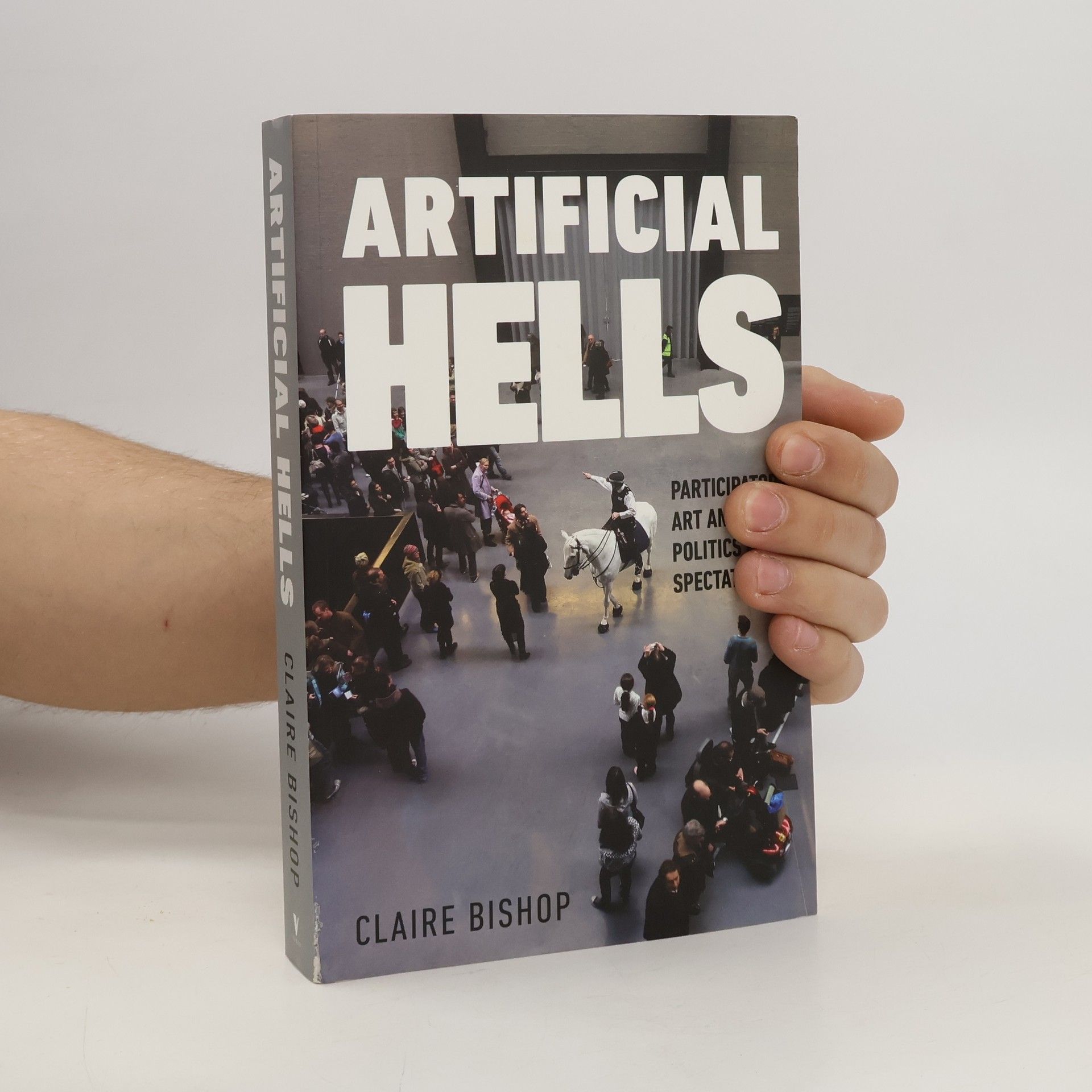Artificial Hells
- 382pages
- 14 heures de lecture
A searing critique of participatory art by an iconoclastic historian.
Claire Huchet Bishop était une romancière jeunesse talentueuse dont les œuvres abordaient souvent des thèmes de foi et de solidarité humaine. Elle a créé des histoires réputées pour leur accessibilité et leur profondeur sous-jacente, captivant aussi bien les jeunes lecteurs que les adultes. L'approche de Bishop s'est concentrée sur des récits qui non seulement divertissaient, mais encourageaient également la réflexion sur les valeurs morales et la compréhension mutuelle. Son héritage littéraire réside dans sa capacité distinctive à entrelacer une narration captivante avec des messages profonds.


A searing critique of participatory art by an iconoclastic historian.
How technology and the attention economy has impacted contemporary art